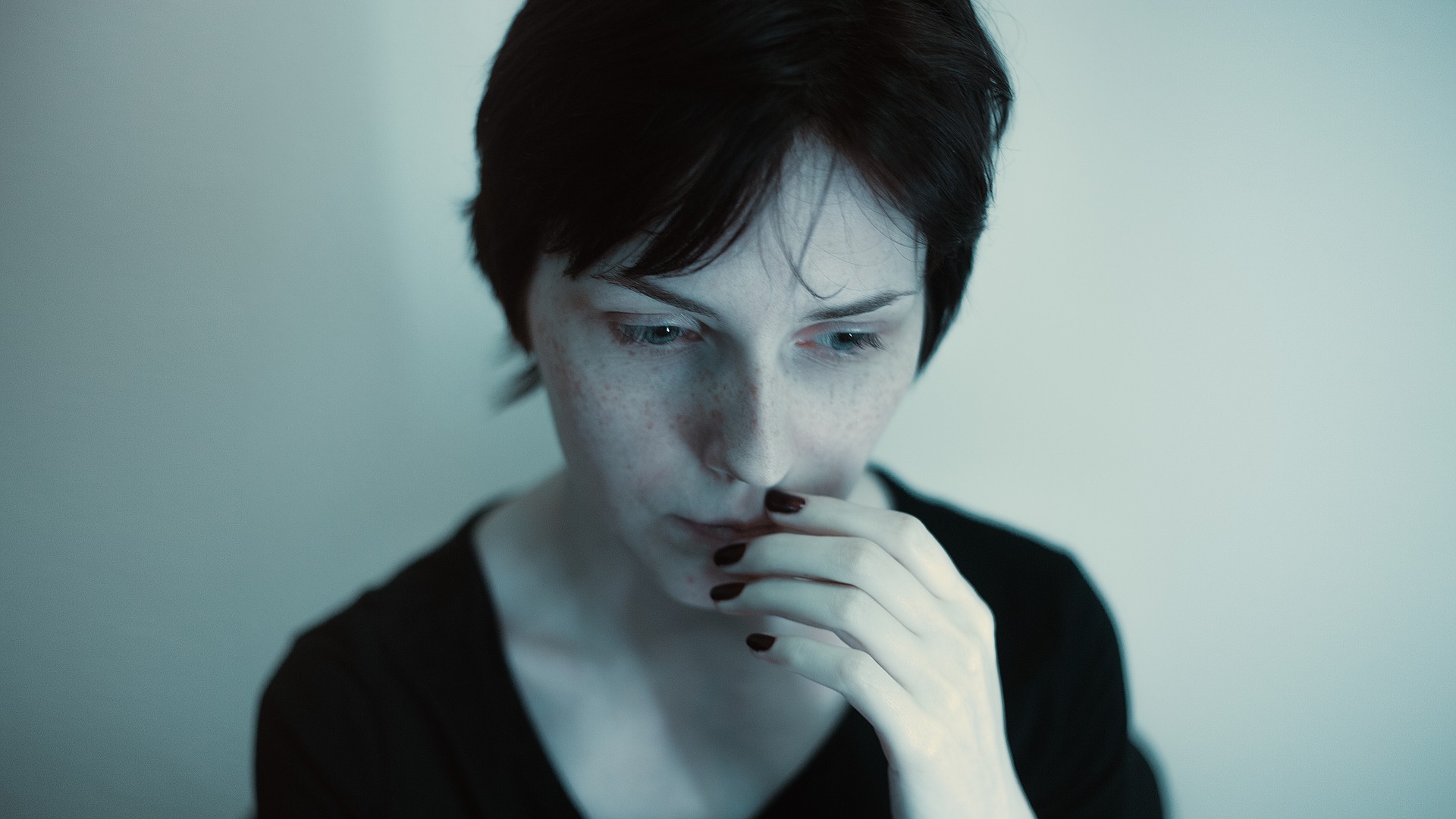
How you can Recognize PTSD after a Wreck
Post Traumatic Stress Disorder, or PTSD, is usually thought of as a psychological effect of war. After going to battle there are a significant number of soldiers that return with a lot of trauma. But PTSD doesn’t only happen in war; any traumatic experience can trigger this disorder.
Aside from being in battle, PTSD can be caused by serious accidents (car accidents or something else), assault, abuse, or even traumatic health experiences such as being admitted to the ICU or losing a baby during childbirth.
Today, let’s recognize some of the indicators of PTSD when it comes as the result of a car wreck. In order to live a fulfilled life, it’s important to get these addressed sooner rather than later. With the help of your Dallas area car accident attorney, you can focus on healing and not the legal “stuff” of settling an accident claim.
Signs You May be Suffering PTSD from a Car Accident
Jumping right back into life after a major accident is not normal. What is normal is taking some time off to regroup, process the accident, and heal any physical injuries that may have occurred. However, if mental or psychological symptoms persist for weeks, or even months, after the accident (and in some cases continue to get worse) you may be suffering from PTSD.
Frequent Nightmares or Bad Dreams: After any experience, we tend to dream about it. Our subconscious is processing through the day’s events, and creating long-term memories. Traumatic events, however, don’t tend to process well. We didn’t enjoy the event in the first place, so as our subconscious processes it, the event is brought back to the surface and we awaken struggling, shouting, or otherwise reliving the entire event.
Triggered Flashbacks about the Wreck: A flashback isn’t necessarily a dream. It’s a sudden remembering of what happened. These flashbacks can be triggered by noises, sights, or even smells. If the ride was really bumpy just before the accident, bumps while riding in the car can trigger those memories and conjure up emotions that need processed all over again.
Avoidance Behavior: Avoiding isn’t necessarily bad, but it must be seen as a sign of a deeper issue. Avoiding driving, or even riding in a car can be a coping mechanism for those suffering from PTSD. Avoiding certain music, areas of town, or going to great lengths to avoid any extreme situation is an indicator that more help is needed.
Feelings of Guilt: If you were in a car accident, one where you were clearly not at fault, there is no reason to feel guilty. But those feelings will creep in. What if you sped up quicker? What if you took a different route? What if you changed lanes sooner? Guilt can make healing difficult, and when it’s not appropriate guilt, it slows the whole process.
Irritability and Agitation: When we struggle with our emotions they can manifest as anger or irritation. The anxiety of the accident, the unknown emotions, and the fear of getting back on the road can cause you to be tense, and more irritable with those around you.
When to Seek Help for PTSD
PTSD occurs when these feelings linger for longer than usual. It’s okay to feel angry. It’s okay to have the “what if” questions run through your head. It’s okay to not want to drive for a while. Nightmares, bad dreams, and flashbacks are going to happen.
But if they start to deter your life, and make everyday activities difficult or impossible, then it’s time to seek serious medical help for PTSD after a car accident.
Getting Help from Herbert Law Group
When you’re in a wreck, your entire life changes. The healing process is only made harder because many people try to deal with insurance companies on their own. These companies are not in the business of paying out large settlements, and usually they offer something completely off base.
Herbert Law Group is your Dallas area car accident attorneys. Our goal is to reduce the stress you’re experiencing, so that you can get back to living life as normal as possible.
If you, or a loved one, have been in an accident, then let’s talk about it and see how we can help you heal. Simply fill out the contact form, or give us a call at 214-414-3808 for your free consultation.